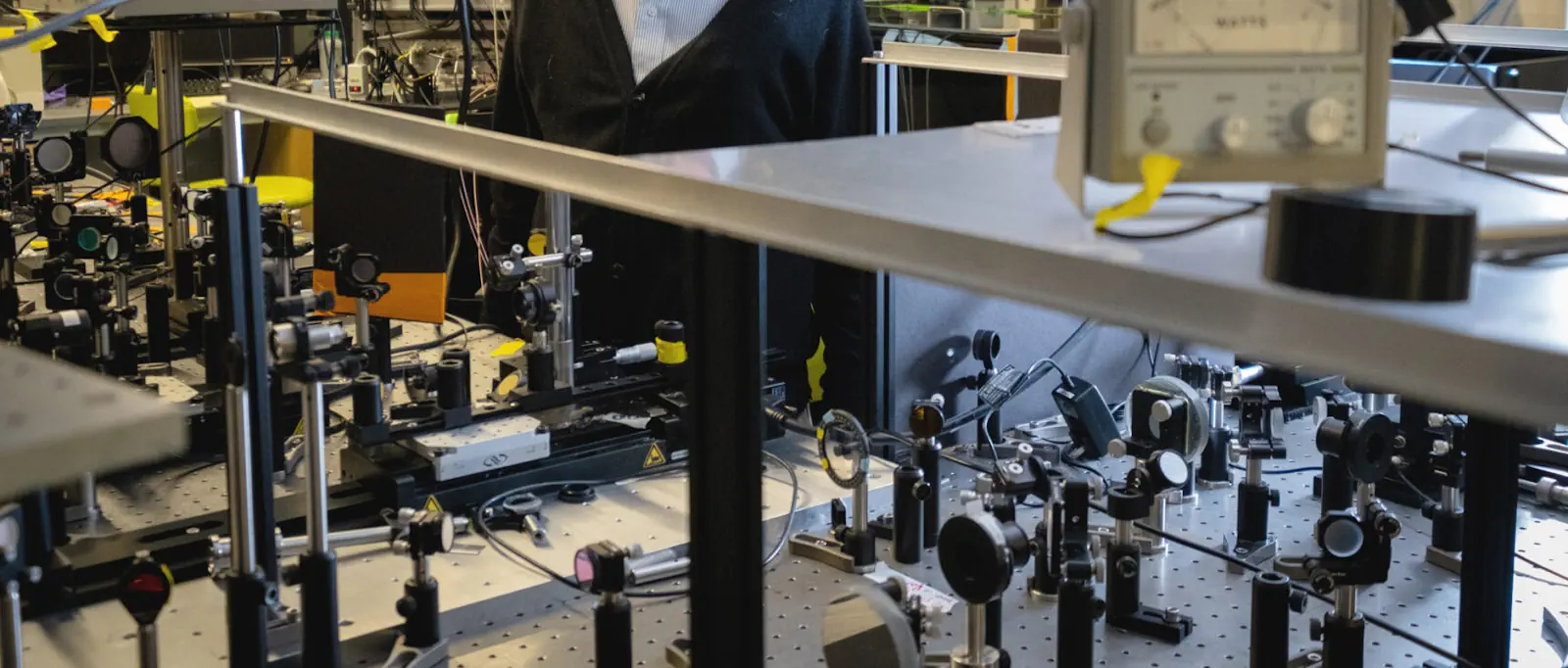-
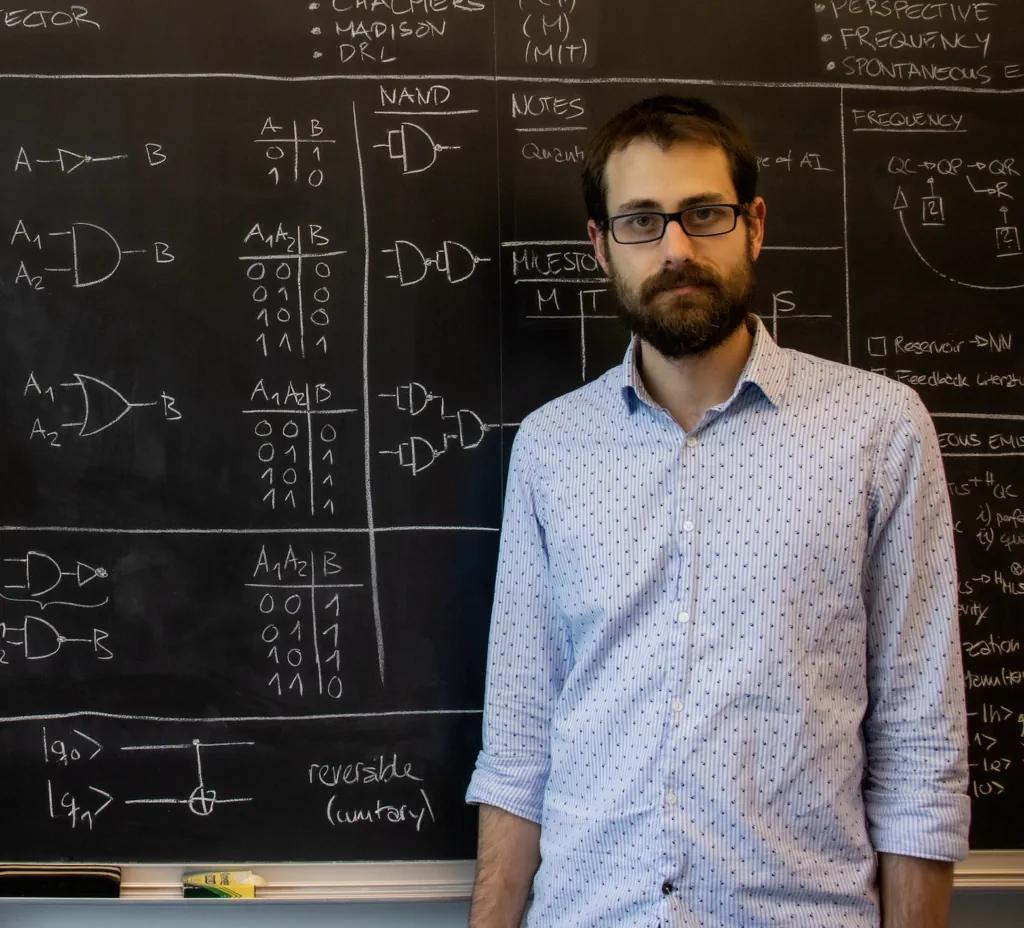
Rabitz Group’s Lienhard headed for Lindau Nobel Meeting.
By Wendy Plump
Department of ChemistryBenjamin Lienhard, a postdoctoral fellow with the Rabitz Group, was selected to attend the 73rd Lindau Nobel Laureate Meeting at Lake Constance, Germany this summer, a prestigious international forum that brings Nobel laureates together with the brightest young academics working today.
The focus of this year’s gathering is physics, which will play out across the informal discussions and small group panels that are Lindau’s hallmarks.
The annual gathering has been offered since 1951 to provide an opportunity for generations of scientists to co-mingle, from Nobel laureates and others at the top of their field to those still pursuing degrees. Some 650 students from 93 nations and more than 30 Nobel laureates will attend the week-long meeting from June 30 to July 5.
-
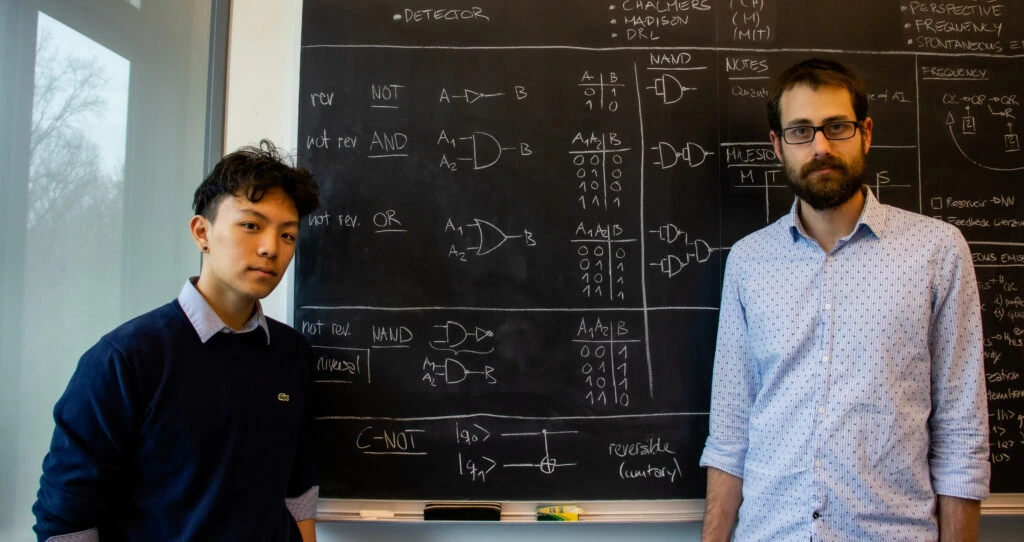
Quantum Bootcamp Part VI: What I’ve learned.
By Ethan Wang ’26 with Wendy Plump
Department of ChemistryTogether, Ethan Wang ’26, an economics concentrator, and Wonju Lee, whose college career pauses as he serves in the South Korean Marine Corps, documented their year of learning quantum computing at Princeton Chemistry in our Quantum Bootcamp series. (Here are columns one, two, three, four, five.) In this, the sixth and final column, we offer a Q&A with Wang for a little perspective on what he’s learned.
The originator of and instructor for the project, postdoc Benjamin Lienhard of the Rabitz Group, will teach a quantum computing Wintersession program with Wang this month. A testimony to the subject’s appeal, the session is oversubscribed and a wait list is in place. In the meantime, enjoy this piece as encouragement for novice quantum students everywhere.
-
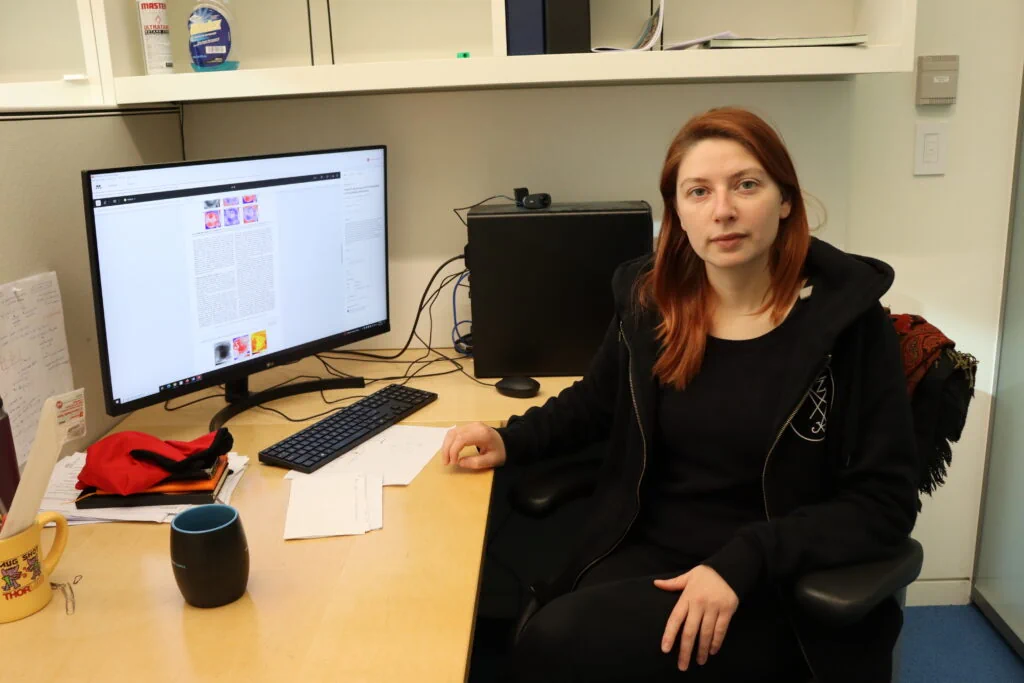
Postdoc Kanevche heads up groundbreaking microscope project to ID chemical species.
By Wendy Plump
Department of ChemistryFrom the 30K-foot level, Katerina Kanevche moved effortlessly from graduate student to postdoc to leader on a project whose goal is a novel imaging and molecular identification instrument that could transform the field of microscopy. In reality, she painstakingly acquired experience in a technique called tip-enhanced spectroscopy (TES), gaining skills that landed her among an elite group of practitioners around the world.
And while the opportunity to lead the project at Princeton Chemistry fell into her lap when a former researcher departed the program, her appointment has all the earmarks of an outcome that was meant to be.
-
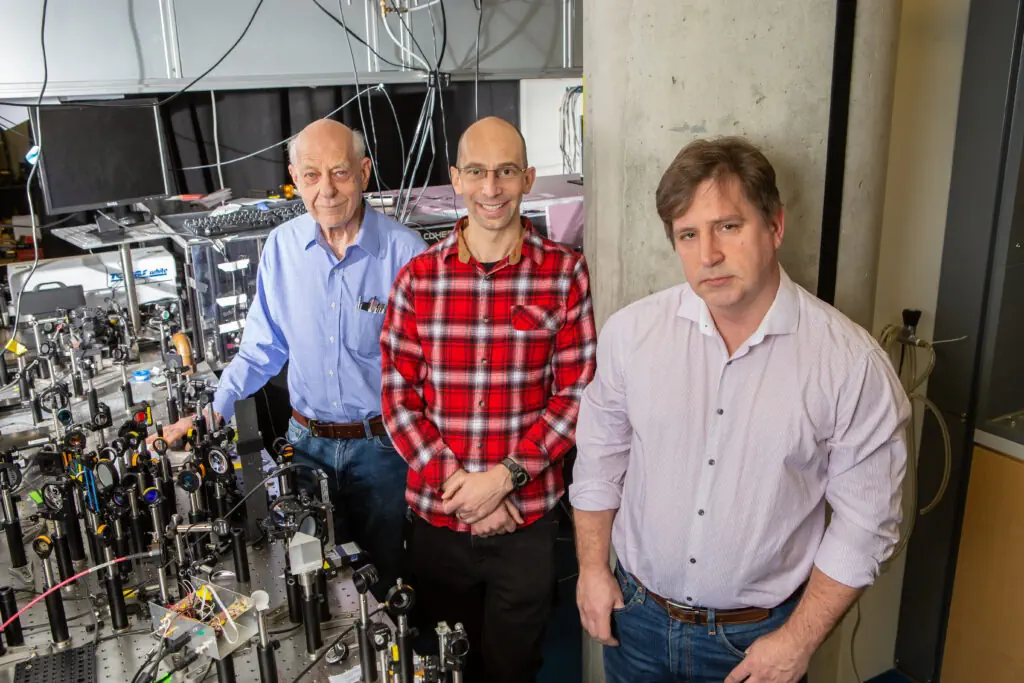
Rabitz, Jonikas awarded $3.4M Moore Foundation Grant.
By Wendy Plump
Department of ChemistryIn a funding venture that could be transformational for imaging single molecules within a cell, the Gordon and Betty Moore Foundation has awarded a $3.4M grant to a collaboration between Princeton’s Departments of Chemistry and Molecular Biology.
The four-year grant supports the development of a new microscope that will enable researchers unprecedented access to the chemical composition and distribution of small molecules within cells, at nanometer resolution.
At present, there is no technology capable of achieving high-resolution imaging and chemical species identification within a cell.
-
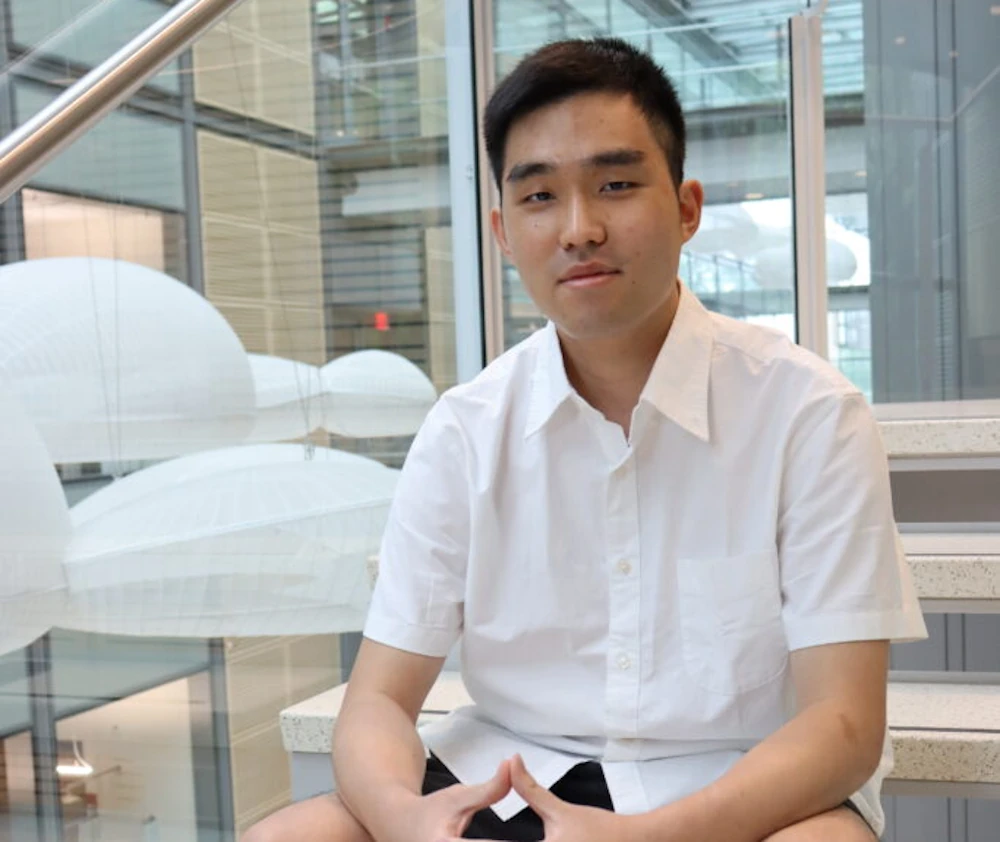
Quantum Bootcamp Part V: Quantum Optics, illuminating the invisible.
By Wonju Lee
Undergraduate Wonju Lee contributes the entirety of this fifth column in our Quantum Bootcamp series, which details the journey he and Ethan Wang ’26 are pursuing in their independent study of quantum computing under Department of Chemistry postdoc Benjamin Lienhard of the Rabitz Group.
This will be Wonju’s final column. He has temporarily suspended his undergraduate degree at Princeton University in order to serve in the South Korean Marine Corps for 18 months. He plans to return to campus in the Fall of 2025 to resume his studies, joining the Class of 2028
-
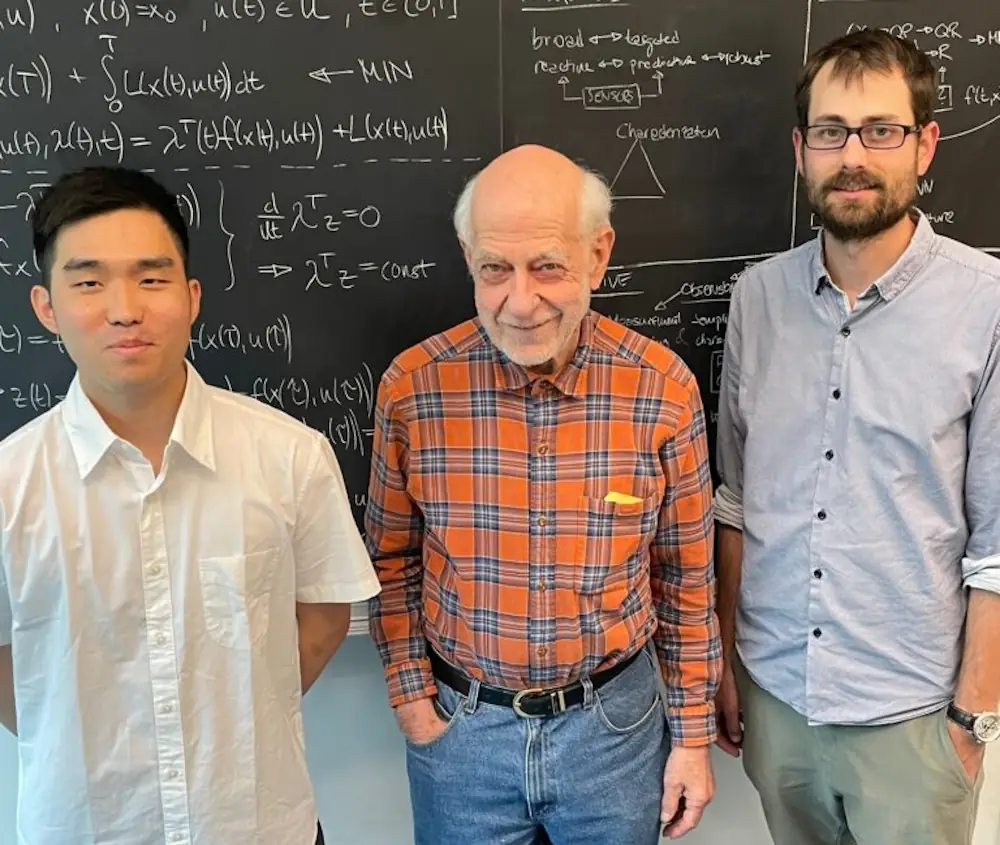
Quantum Bootcamp Part IV: An appreciation of Quantum Mechanics.
By Ethan Wang and Wonju Lee, ’26
With this fourth installment in our Quantum Bootcamp series, undergraduates (and non-chemistry concentrators) Wonju Lee and Ethan Wang ‘26 had a lively discussion about lessons they’ve enjoyed so far under the guidance of Department of Chemistry postdoc Benjamin Lienhard of the Rabitz Lab. As a wrap-up at the halfway point of their series, and proof of all they’ve absorbed so far, they selected a few of the most thought-provoking for a quick discussion.
-
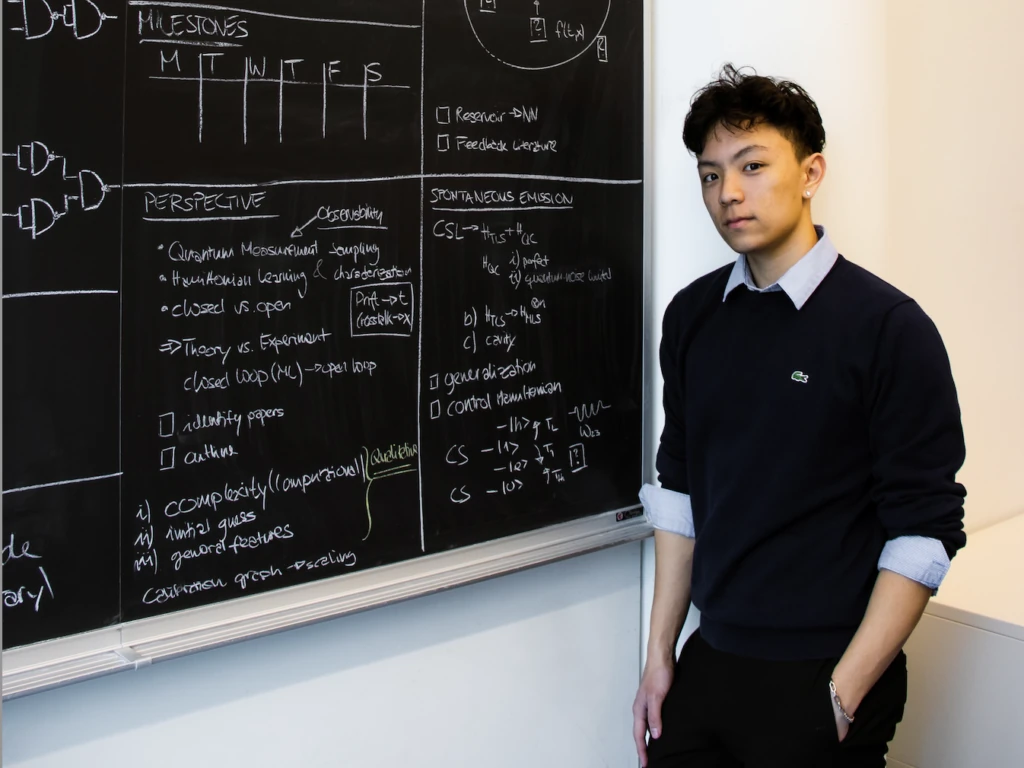
Quantum Bootcamp Part III: Eugene Wigner, his friend(s), and a Quantum Princeton.
By Ethan Wang ’26
The recent release of the movie “Oppenheimer” provides an opportunity for us in this, the third in our series of Quantum Bootcamp columns (here are columns One and Two), to discuss a bit of the history of quantum physics and Princeton University’s role in it. Let me take you on a brief journey from the edge of research on quantum mechanics and its still-debated philosophical questions—i.e. Wigner’s Friend—back to its foundational physicists who made Princeton a hotbed of quantum mechanics.
-
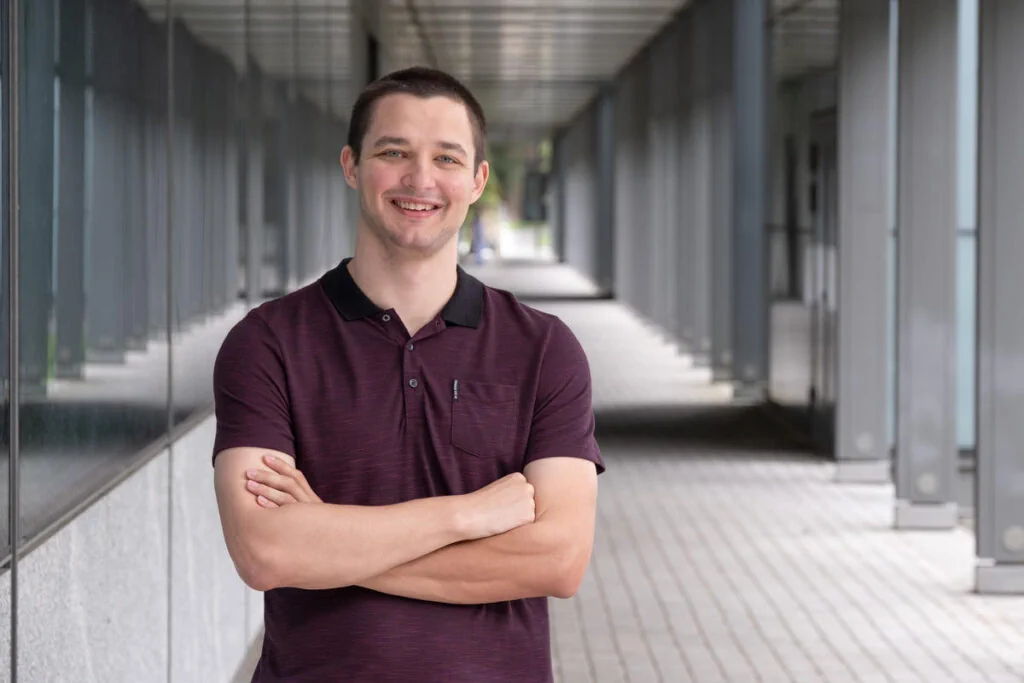
Rabitz Lab creates tools to define system uncertainty.
By Wendy Plump
Department of ChemistrySuppose you’re asking a complex question in which a host of factors, or inputs, could contribute to the answer. In such a circumstance, each of the inputs will influence the certainty of your output answer to a varying degree.
These factors could arise in almost any system that defies easy analysis: the impact of design quirks on the safety of nuclear reactors, or the price of gas and its relation to climate policy, even something as prosaic as the factors that influence a healthy lifestyle. But which inputs in such multivariate systems influence the certainty of the outcome, and what is the degree of that influence? In short, can any of this be reliably quantified?
John Barr, a fifth-year graduate student in the Rabitz Lab and an applied mathematician, answers that question in the affirmative in a new paper out this week in The Society of Industrial and Applied Mathematics/American Statistical Association Journal on Uncertainty Quantification (SIAM/ASA JUQ).
-
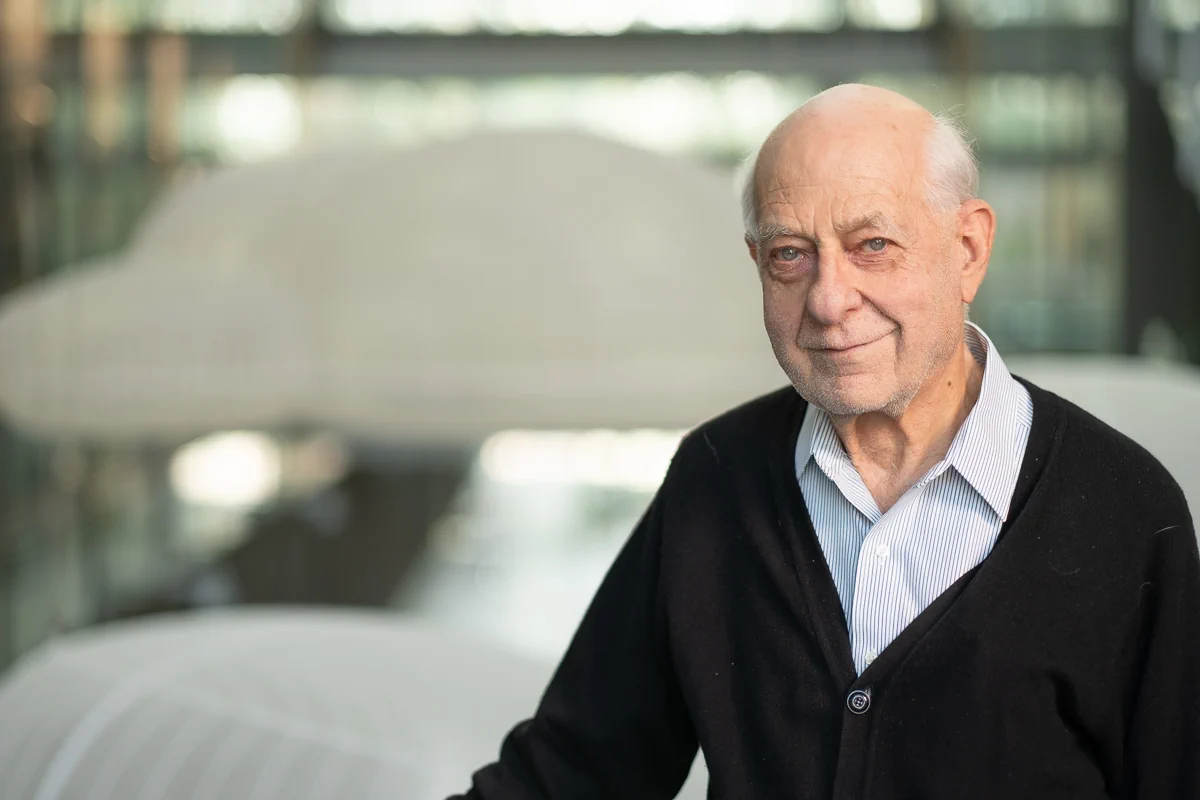
Rabitz Group Receives DOE Quantum Info Systems Funding Award.
By Wendy Plump
Department of ChemistryHerschel Rabitz, the Charles Phelps Smyth ’16 *17 Professor of Chemistry, and Professional Specialist Alexei Goun, a research staff member in the Rabitz Group, as co-PIs have been named to an $11M Department of Energy funding package for projects in Quantum Information Science (QIS), announced this week.
Spread over 10 projects throughout the country, the awards will promote and explore opportunities for quantum computing to advance fusion and plasma science, investigate using quantum sensors to enhance the range and accuracy of fusion plasma measurements, and apply innovative quantum techniques to examine new materials in extreme conditions.
-
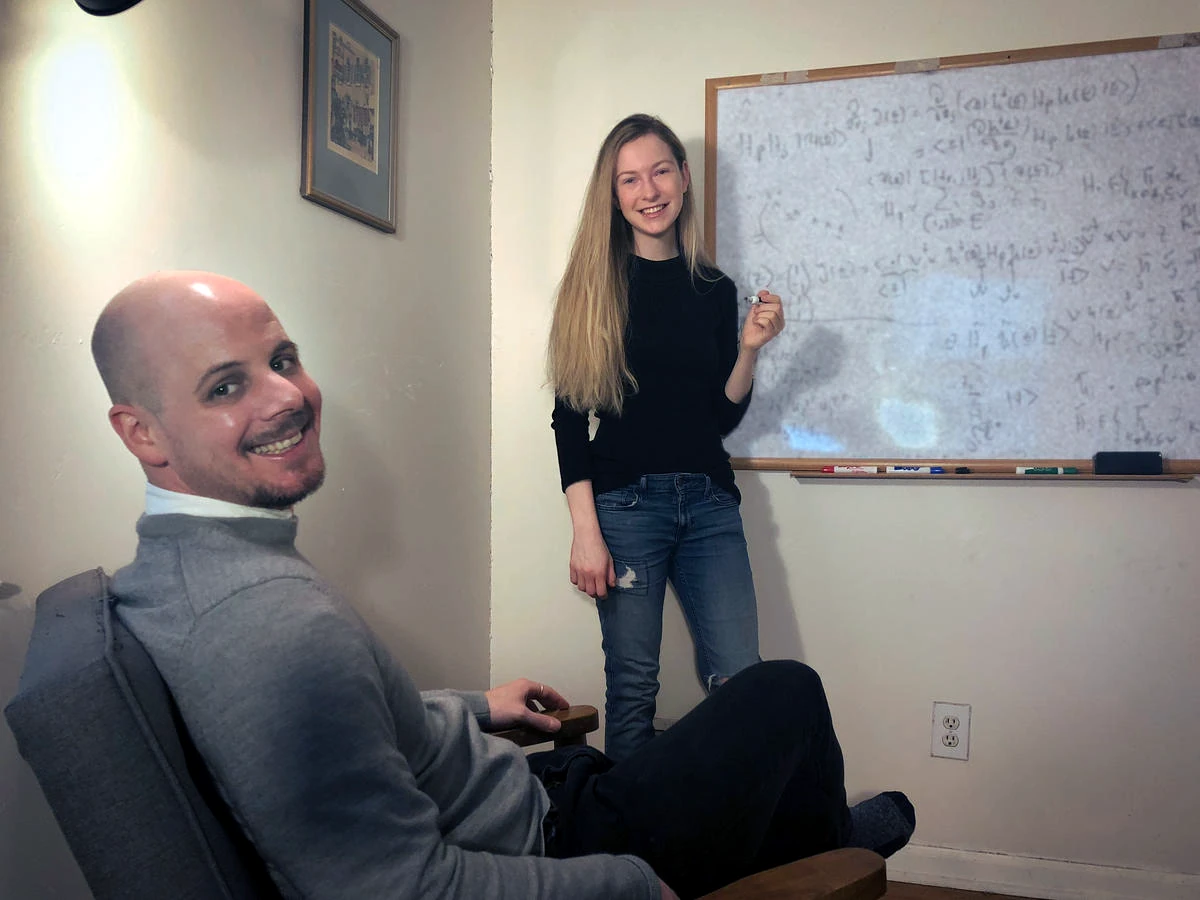
Rabitz group links control and Variational Quantum Algorithms.
By Wendy Plump
Department of ChemistryThere are many steps on the road to scientific advance, an axiom that is especially true for quantum technologies. Although progress over the past decade has put quantum computing firmly on the horizon, large scale, fault-tolerant quantum computing devices are currently just that – on the horizon.
In the meantime, scientists have built noisy intermediate-scale quantum (NISQ) devices that lie somewhere along that continuum. In order to probe the capabilities of these devices, a promising option is to use them to run a type of machine that straddles both the quantum and digital worlds, called a Variational Quantum Algorithm (VQA). Some of the prime applications under study for VQAs are directly relevant to chemistry, such as facilitating better ways to calculate the energy of molecules.


